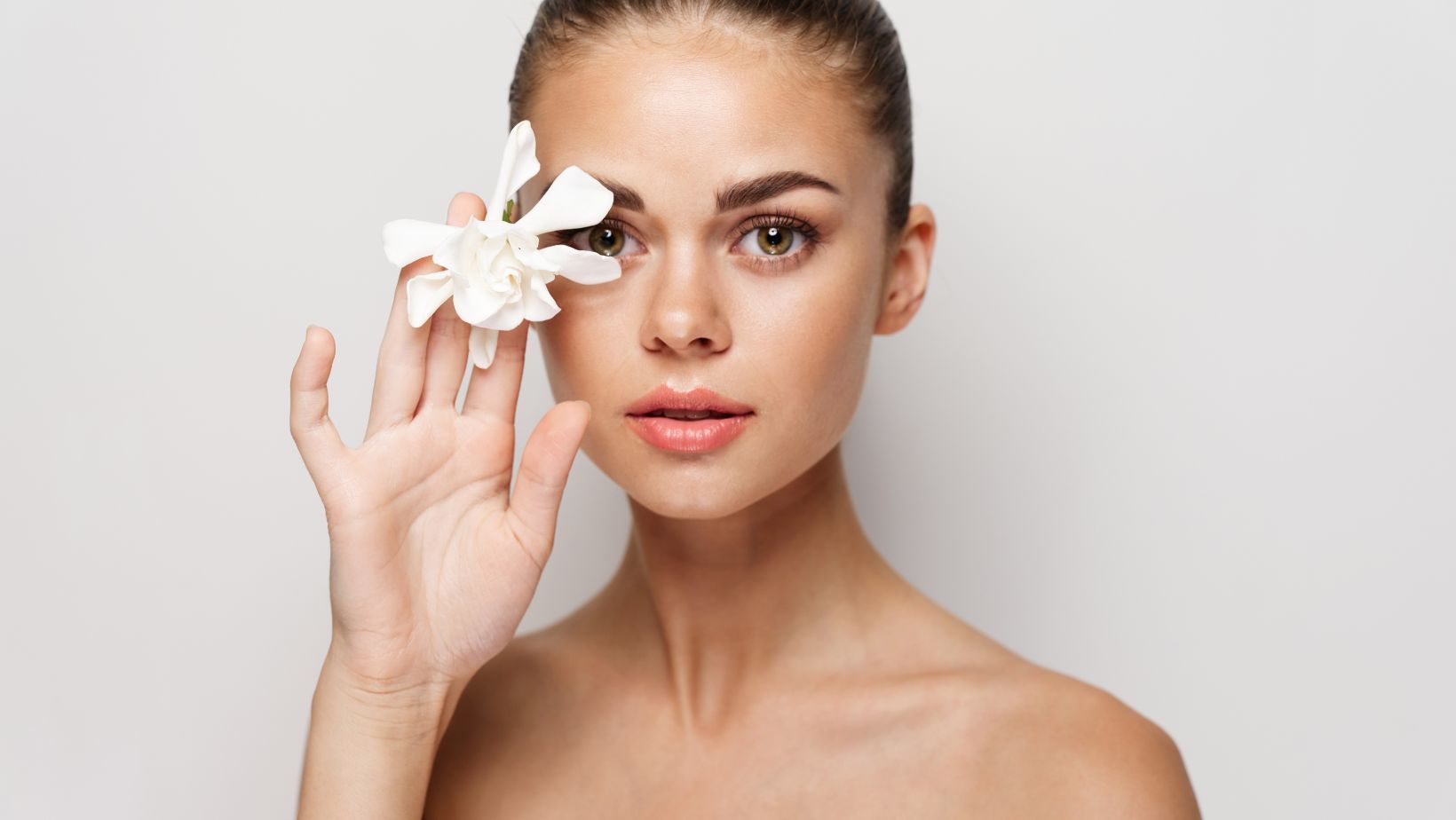It has been a strange summer. It almost feels like it passed us by this year. As the nights get darker, the air has a definite chill; the coldest weather is still to come.
You may have noticed your lips beginning to feel a little dry. Your hands might not feel as soft as they were a few weeks ago, and annoyingly, you may even have had a breakout in acne and spots for the first time in a few months.
Winter is on its way - what is happening to my skin?
A mysterious breakout or blemish will appear when we think we have found the right balance of products and skincare regime to keep our skin looking and feeling healthy. It reminds us that our skin is our barrier against our environment.
Winter is the worst season for people who suffer from acne. The colder, dry conditions strip our skin of its natural moisture. Having gotten used to easier conditions that have allowed it to keep hydrated, the skin finds itself under a barrage of different elements. Cold air, chilling winds, dry heat inside our houses full of radiators, and the bracing cold rain all make your skin grow dryer, more irritated and tighter.
Moisture levels: Hot weather is more humid, cold weather is drier. The outer layers of the skin, known as the stratum corneum, act as a barrier to protect against moisture loss. In cold, dry conditions, this barrier can struggle to retain moisture, leading to dryness and dehydration in your skin.
Blood vessels: In cold temperatures, our blood vessels constrict to conserve heat and maintain our core body temperature. This leads to reduced blood flow to the skin and can be why you may have a paler appearance.
Oil production: Sebum, the skin’s natural oil, can be affected by fluctuations in temperature. In hotter conditions, more oil is produced. When it gets colder, less sebum is produced, resulting in dryness and flakiness of your skin.
What will my skin typically experience in Winter?
All of our skin is unique, and the change to Winter will affect everyone’s skin slightly differently, but the most common impacts the cold weather has on the skin are:
Dryness: With the cold air usually being less humid, skin hydration starts to fall. With this, your skin tightens, becoming drier and rougher, particularly at the start of the transition from warm weather to cold. Our skin is under a constant barrage; even in our homes, the heating reduces humidity, leading to more dryness.
Flakiness: With dryness comes flakiness. Your skin may flake or peel, particularly on the face and hands. This flakiness can lead to your skin looking slightly dull and less radiant.
Redness and irritation:
The Winter can be very problematic for your skin if you have sensitive skin. Exposure to cold winds and low temperatures can irritate the skin, causing it to become red and itchy.
Chapped lips: The cold weather also affects our lips. Our lips lack oil glands, making them more susceptible to moisture loss in dry, cold conditions. This can lead to them becoming chapped and quite often painful.
Acne:
You may notice increased acne breakouts during the transition to colder weather. The combination of dry skin, increased dead skin cell build-up, and heavier use of the wrong moisturisers leads pores to become blocked, ultimately forcing more breakouts.
How to help your skin fight the battle against the cold.
With all skin guides, it is important to remember that we are all different and our skin changes with time. It is always worth taking the time to have a proper skin consultation as the seasons begin to change, but in the meantime, you should think about:
Hydration: Keeping your skin hydrated from both inside and outside is essential. We often drink less water in Winter, which doesn’t help the skin’s battle to stay hydrated. Make sure you are drinking plenty to look after the inside. Use a good moisturiser to keep the skin hydrated from the outside. I recommend Alumier’s HydraDew for normal skin and HydraRich if you have drier skin.
Gentle Cleansing: While the drier weather builds up dry, flakey skin, it is important to take a softer approach to cleansing. Harsh soaps and cleansers that keep your skin radiant in Summer may strip away the reduced natural oils from the skin. Mild, hydrating cleansers will serve your skin better in Winter. Alumier’s HydraBoost Cleanser is a great winter cleanser.
Sun Protection: We often think the sun’s rays don’t harm our skin because it isn’t hot. It would be best if you continued to use your SPF to stop the skin from getting damaged by the UV rays.
Humidifiers:
The heating in your house will also lead to drier conditions indoors. To give your skin a break, try adding a humidifier to your home to add moisture to your indoor air.
Lip Balm:
To help with your dry and chapping lips, make sure you are regularly applying lip balm, especially as you begin a journey outside. I always recommend a lip balm that has SPF to counter sun damage.
If you are experiencing any difficulties or changes to your skin as the weather changes, you can book a consultation with me. We’ll take the time to understand your skin and recommend a treatment plan to help you glow through Winter.


